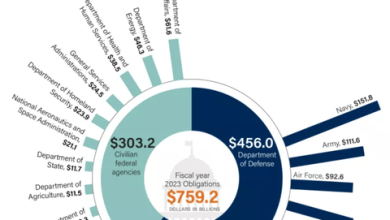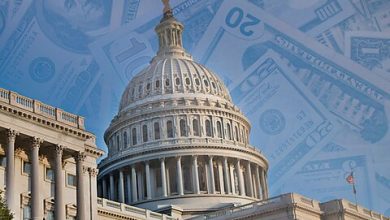Friday Feature: Oklahoma Parental Choice Tax Credit Program

Oklahoma parents will soon have an easier time affording the educational options that work best for their children. On May 25, Governor Kevin Stitt signed legislation creating the Oklahoma Parental Choice Tax Credit Program. Previously, Oklahomans had access to vouchers for students with disabilities and tax credit scholarships that were limited to students who met income guidelines or were assigned to a lower performing public school.
The new tax credit program, which will take effect in 2024, is different from the existing tax credit scholarship program. With tax credit scholarships, businesses and individuals can receive a tax credit for donating money to scholarship‐granting organizations that then provide scholarships for students attending private schools. With the new program, parents and guardians can receive a credit toward their own income taxes for education expenditures they’ve incurred.
Another key difference is that the new program is universal—any Oklahoma resident who is eligible to enroll in a public school qualifies for the tax credit.
The private school credits will incorporate a sliding scale based on income and can only be used for tuition and fees at eligible private schools. Families cannot receive credits beyond the tuition and fees they pay for each student. However, the credits are refundable, which means families can receive the full credit even if it is more than their state tax liability.
The maximum tax credit, $7,500 per student, is reserved for families with household incomes below $75,000.
Families whose income falls between $75,000 and $150,000 can receive a $7,000 credit per student.
Those with income between $150,000 and $225,000 are eligible for a $6,500 credit per student.
Household with incomes of $225,000 to $250,000 can receive a $6,000 credit per student.
Families earning more than $250,000 get a $5,000 credit per student.
Homeschooling families are also eligible for the new tax credit program, but their credit limit is $1,000 for eligible expenses per child regardless of income. Eligible expenses include tuition and fees for nonpublic online learning programs, tutoring services, and textbooks, curriculum, or other instructional materials. Like the private school credits, the homeschool credit is refundable.
With this new program, Oklahoma has chartered a new path—joining a growing number of states with universal school choice eligibility but taking a different approach. In recent years, West Virginia, Arizona, Utah, Iowa, Florida, and Arkansas have adopted education savings accounts that are at least on a path to universal eligibility. While nine other states have some form of an education tax credit or deduction, Oklahoma’s is the first refundable tax credit that is open to all students.
The states are often referred to as “laboratories of democracy.” We’re seeing this play out real time when it comes to educational freedom. Just last week, Nebraska Governor Jim Pillen signed the state’s first private school choice program—a tax‐credit scholarship. Educational freedom is on the move, and that’s only likely to increase as more families understand the tremendous diversity of educational models that are now available. Oklahoma’s universal tax credit will provide a new framework for lawmakers to consider in states where there has been resistance to ESAs and other programs.





